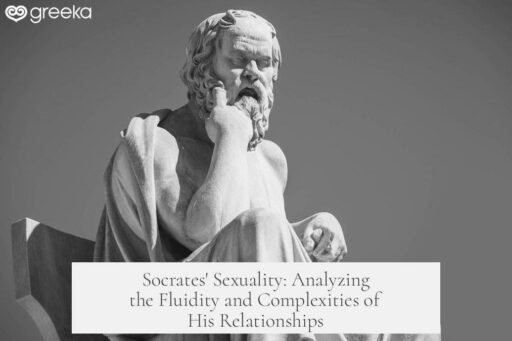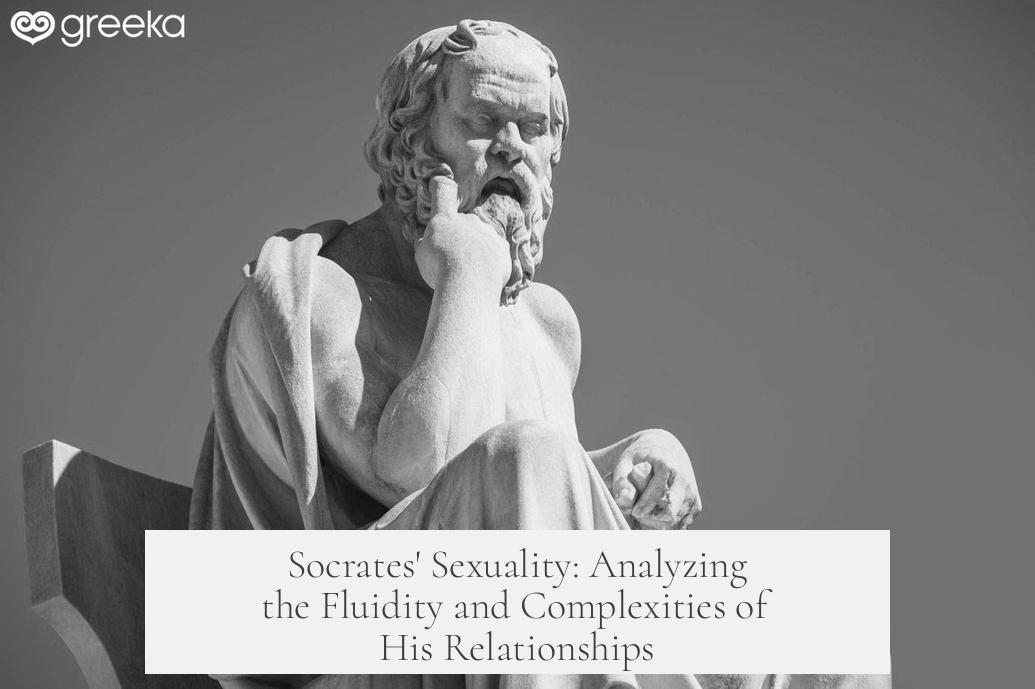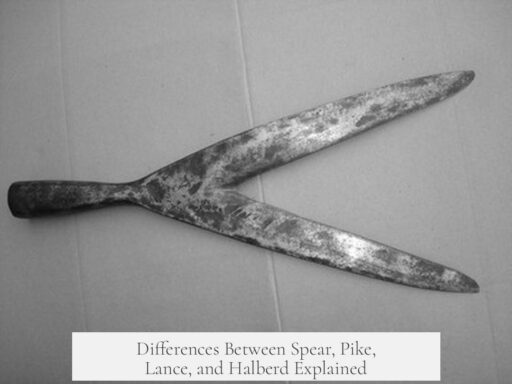Socrates was likely not exclusively gay, but his sexuality must be understood in the context of ancient Greek social norms, where sexual relationships were fluid and often involved pedagogical roles.
In ancient Greece, especially Athens, sexuality did not fit modern categories. Men’s relationships with younger males, often students, could include sexual elements without defining one’s entire sexual identity. The older male, as teacher, might engage in such relations but was expected not to be submissive. Meanwhile, the younger partner typically married and had children later, maintaining social norms.
Plato’s writings, featuring Socrates, reflect this dynamic. In Symposium, Socrates praises male/male love as the strongest and most connected to the pursuit of the Platonic Good. This suggests admiration for male bonds but not necessarily an exclusive sexual orientation.
However, Plato’s portrayal of Socrates is complex. In The Republic, Socrates discusses an ideal city with regulated relationships and procreation rules, showing a structured social view rather than personal biography. Since Plato used Socrates as his mouthpiece, the depiction blends philosophy with ideal political and social order rather than clear personal history.
- Athens accepted fluid male sexual relationships, especially in education contexts.
- Sexual submission norms defined acceptable roles in these relationships.
- Platonic philosophy elevates male love to a symbolic ideal.
- Plato’s texts mix Socrates’ voice with broader philosophical agendas.
Socrates’ sexual orientation cannot be pinned down by modern definitions. Instead, his relationships reflect ancient Greek values, where teaching, mentorship, and expressions of affection and desire intersected more openly than today. His personal life remains less documented, with much filtered through Plato’s philosophical lens.
- Ancient Greek sexuality was fluid and tied to social roles.
- Socratic relationships included mentorship and possibly sexual elements.
- Platonic texts idealize male love but blend personal and political philosophy.
- Socrates was probably not strictly gay by modern standards.
Was Socrates Not Gay? Unpacking History’s Most Famous Philosopher and His Sexuality
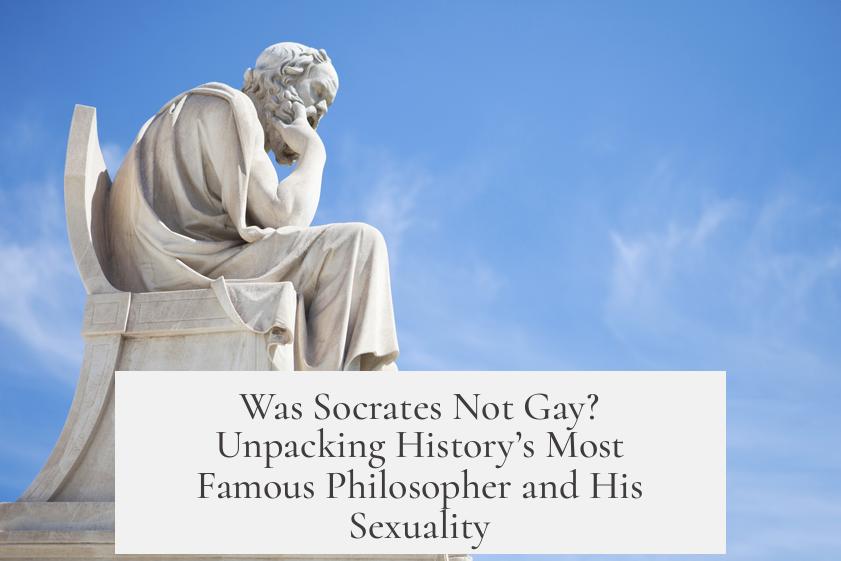
Let’s get right to the point: Was Socrates not gay? The answer isn’t a simple yes or no. Socrates’ sexuality, like his philosophy, dwells in a gray zone. He probably wasn’t exclusively gay, but understanding this requires a quick dive into the fluid sexuality of ancient Greece and its cultural norms.
Sexuality today feels like a box-checking exercise: straight, gay, bisexual, or something else. But for ancient Athenians, especially during Socrates’ time, sexuality was more about roles and less about identities.
Athenian Fluidity: More Than Just Black and White
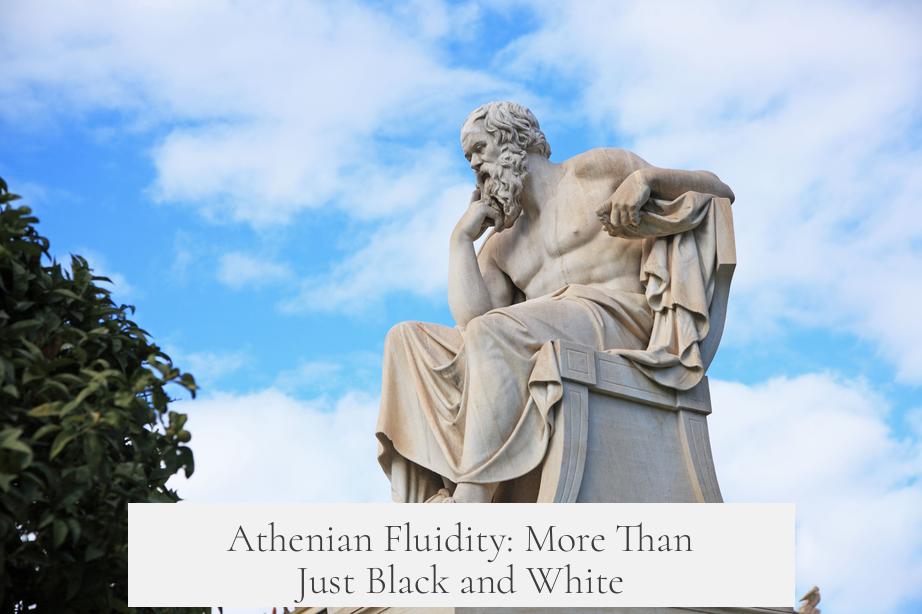
In ancient Greece—Athens stands out—sexual attraction wasn’t confined to our modern labels. Sexuality was remarkably fluid. Men forming close bonds, often with younger males, did not define their sexual identity as we do now. This fluidity made the question “Was Socrates gay?” a bit of an anachronism—a mismatch of modern concepts onto ancient life.
Take Crete, for example, too. Their views echoed the fluid approach found in Athens, where relationships between men could include elements of mentorship, affection, and yes, sometimes sexual intimacy.
Teacher-Student Dynamics: The Greek “Mentorship” That Could Get Intimate
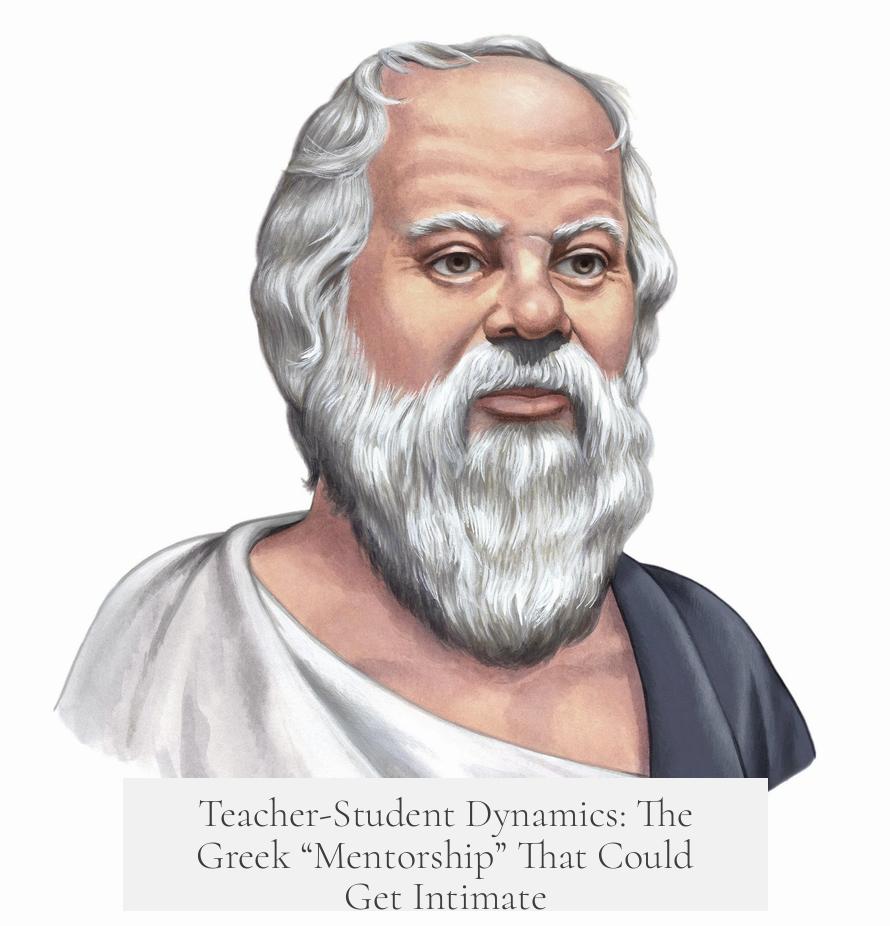
Here’s a juicy cultural detail: In Athens, the older man was often a teacher, and the younger, a student and protégé. These relationships could cross the line from intellectual mentoring to sexual. That wasn’t rare or scandalous but rather woven into society’s fabric.
But—and this is critically important—the elder man was expected to hold the dominant or active sexual position. Bowing to the task of being submissive was considered shameful for the teacher.
Meanwhile, the younger partner, the one in the more passive or submissive role, was expected to eventually marry a woman and father children. This societal expectation kept the family and polis stable. So long as the younger man fulfilled his duties, his extracurricular activities—including whatever happened with his mentor—were his own business.
What does this mean for Socrates? He was deeply involved in the Athenian intellectual scene and knew many young men as students, including Plato. It’s plausible he engaged in such relationships consistent with contemporary cultural norms, though that doesn’t label him definitively as “gay” in today’s terms.
Platonic Ideals and Male/Male Love: The Best Kind According to Socrates?

Remember Plato’s Symposium? That epic party where intellectuals debated love. In one memorable speech, Aristophanes offers his charming myth of human beings split into halves—male, female, and androgynous. But it’s Socrates himself who claims male/male love is the strongest and closest to the Platonic Good. Sounds like a Socrates who wasn’t just aware but perhaps admired male love deeply.
This doesn’t mean he lived exclusively one way or the other but shows how male/male love was philosophically elevated. It wasn’t just physical attraction; it symbolized a spiritual and intellectual bond to aspire toward perfection and virtue.
The Republic: Plato’s Socrates—Fact or Dramatic License?
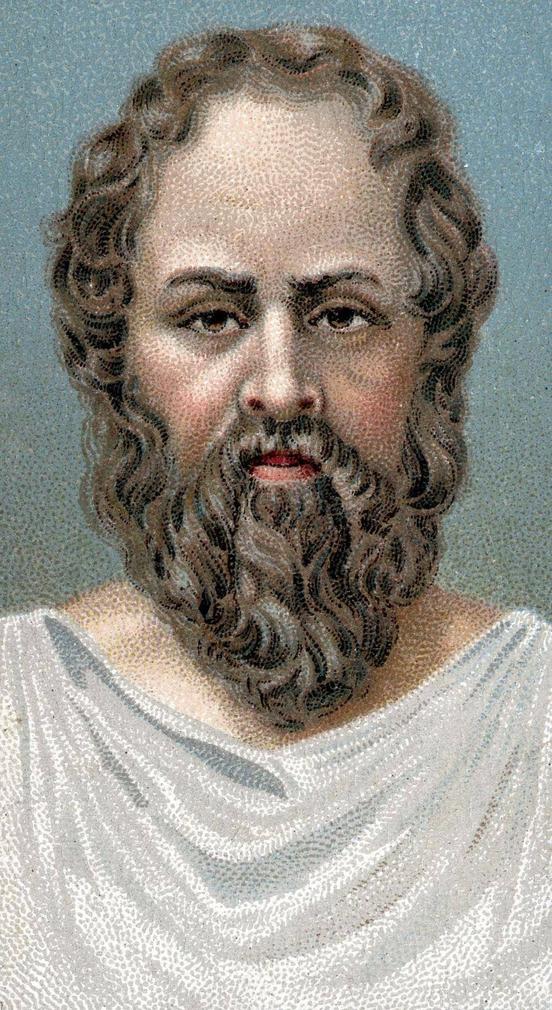
Here’s where things get tricky. Plato’s Republic presents Socrates as a character constructing the ideal “kallipolis,” or beautiful city. Within this perfect society, Plato lays out who should sleep with whom and why, driven by rules of justice and social necessity.
But remember: The Republic is Plato’s vision, not necessarily Socrates’ personal doctrine. The character is often a mouthpiece for Platonic philosophy, and the strict sexual regulations in the kallipolis serve a societal purpose. So what you read about Socrates here might tell you more about Plato’s ideals than about the man himself.
This distinction matters. If you want to know if Socrates was gay, the Republic won’t give you a full answer—only a glimpse of the values Plato imposed on Socrates as a figure.
What Can We Conclude? The Truth Is Complex—And That’s Okay.
So, was Socrates not gay? Probably yes, if you look at sexual identity in the modern sense. However, he almost certainly participated in the fluid, complex expressions of sexuality common in Athens—bonding intellectually, emotionally, and perhaps sexually with younger men, while fulfilling typical family roles.
This means the very question might be too simple for the intricate realities of ancient life. Socrates’ relationships blur lines rather than fit neatly into categories.
Got questions? Is it fair to apply today’s labels to historical figures? How much does culture shape our understanding of love and identity? These inquiries push us to think deeper.
How Understanding Socrates’ Sexuality Benefits Us Today
- 1. Embrace Complexity: Socrates shows us it’s okay for identity to be multifaceted. Not everything fits a label.
- 2. Cultural Context Matters: We must understand people in their time before drawing conclusions.
- 3. Rethink Modern Norms: Ancient fluidity challenges rigid categorizations of sexuality today.
Whether or not Socrates was gay, bisexual, or something else, his contributions to philosophy far outweigh any singular aspect of his private life. Yet his sexuality reflects ancient values and societal frameworks we can learn from.
Next time you hear “Was Socrates gay?” you can smile knowingly, aware that history chuckles at modern labels—and that human relationships have always danced in the gray.
